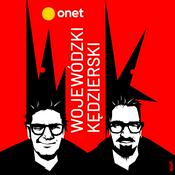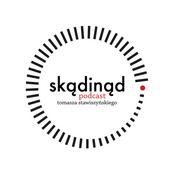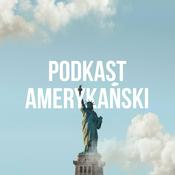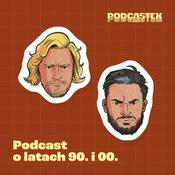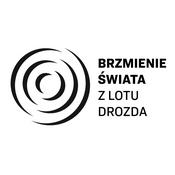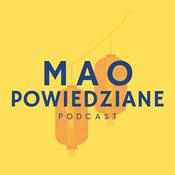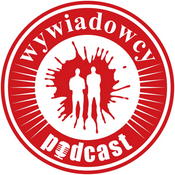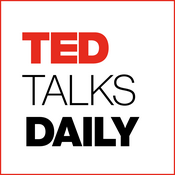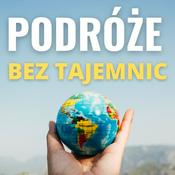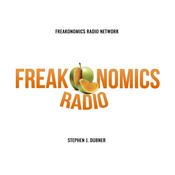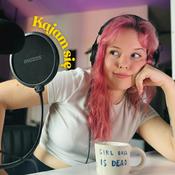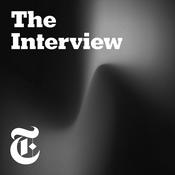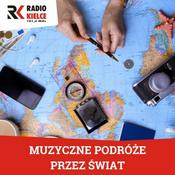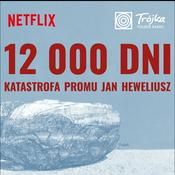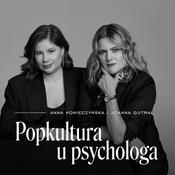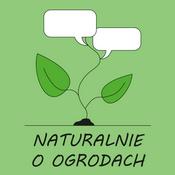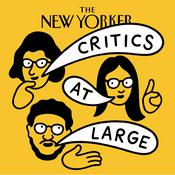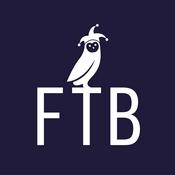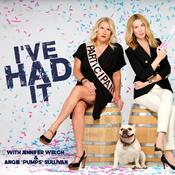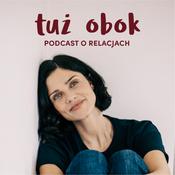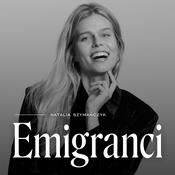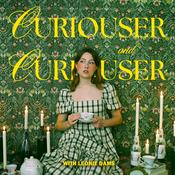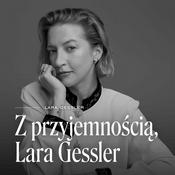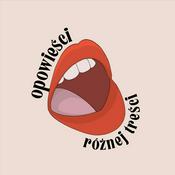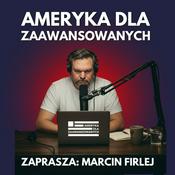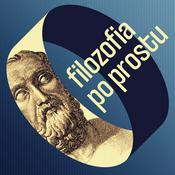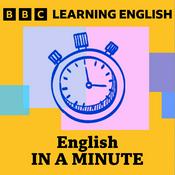562 odcinków
- How do video and board games get from idea to reality? Ella Al-Shamahi talks to two women who invent, tweak and perfect the games that so many of us love to play.
Sigurlína Ingvarsdóttir from Iceland has produced some of the world’s biggest video game titles, including FIFA and Star Wars: Battlefront. She now invests in start-up gaming companies as a venture capitalist.
Natalie Podd invented the board game Confident while canoeing up the Amazon, and quit her corporate job in the UK as an actuary in order to work on it and other ideas. She and her husband sell their board games around the world.
Produced by Hannah Sander
(Image: (L) Natalie Podd. (R) Sigurlína Ingvarsdóttir.) - Two women with art galleries in Switzerland, London, Nigeria and the US talk about discovering and promoting new artists, building relationships with art collectors and the importance of supporting women in the art world.
Maria Varnava is Greek Cypriot and grew up in Lagos. She founded Tiwani Contemporary which has galleries in Lagos and London. It champions artists from Africa and its diaspora to raise their profile to collectors and institutions based both in and beyond the continent. Maria’s friend and mentor, the Nigerian curator Bisi Silva, proposed the name Tiwani, which loosely translates as ‘ours’ or ‘it belongs to us’ from the Yoruba language. The name was chosen to show the gallery’s intentions to strive for inclusivity.
Kendra Jayne Patrick, from the US founded her gallery of the same name in Bern, Switzerland in 2022 and works in New York too. She likes to show things that are strange or new and that excite her both visually and intellectually. It’s focused on the 21st century avant-garde, specialising in sculpture, painting, digital, and photography.
Produced by Jane Thurlow
(Image: (L) Maria Varnava, credit Pantelis Hadjiminas (P Studio). (R) Kendra Jayne Patrick, credit Ernst Fischer.) - Skeleton is one of the oldest winter sports in existence. Ella Al-Shamahi talks to two Olympic medallists whose careers have seen them sliding down an icy track – face first – at speeds of up to 140 kilometres an hour.
Lizzy Yarnold won gold medals for skeleton at successive Winter Olympics. She joined the Great Britain national squad in 2010, winning Olympic gold in 2014 and 2018, and is the most successful British Winter Olympian and skeleton athlete of all time from any nation.
Kimberley Bos is a World Champion skeleton racer from the Netherlands and will be competing at the 2026 Winter Olympics in Italy. She originally competed internationally in bobsleigh, before switching to skeleton for the 2013–14 European Cup season – being the only skeleton athlete representing her country for years. She won a bronze medal at the Beijing Winter Olympics in 2021 – the first Olympic medal winner for her country in a sliding sport. Kimberley went on to win the World Championships in Lake Placid in March 2025.
Produced by Jane Thurlow
(Image: (L) Kimberley Bos credit Viesturs Lacis. (R), Lizzy Yarnold credit Karen Yeoman.) - In the season of giving, Datshiane Navanayagam talks to philanthropists from France and Nigeria about using their wealth to help others thrive. Historically philanthropic giving has been dominated by men, but as women’s global wealth grows so does their capacity for donating money to charitable causes and enterprise. The Conversation talks to a French heiress who felt compelled to give away her money following the death of her son in a helicopter crash and a former corporate banker from Nigeria who’s galvanising businesswomen from the African diaspora to invest in the futures of women on the continent.
Albina du Boisrouvay was born into extreme wealth as granddaughter of a Bolivian tin magnate and daughter of a French aristocrat. She went on to pursue an alternative career as a film director and when her 24 year old son François-Xavier Bagnoud died, Albina sold three-quarters of her assets and founded FXB Foundation in his name. Its mission is to fight poverty, AIDs and support orphans and vulnerable children. Since 1989, FXB Foundation has impacted the lives of 20 million people. She’s recently written about her extraordinary life in a book called Phoenix Rising.
Former corporate banker, Dr Anino Emuwa is from Nigeria and managing director at Avandis Consulting in France. She co-founded Women in Philanthropy and Impact Africa, bringing together women in business from the African diaspora to use the power of philanthropy to drive sustainable development. With only 0.4% of foundation grants globally directed toward organisations addressing women's issues, WIPIA approaches philanthropy through a gendered lens and supports women to lead scalable change in Africa.
Produced by Jane Thurlow
(Image: (L) Albina du Boisrouvay credit Karine Bauzin. (R), Dr Anino Emuwa courtesy Dr Anino Emuwa.) - Having a severe allergy doesn’t just affect physical health - it’s often the social isolation and mental toll of dealing with a somewhat ‘invisible condition’ that people with allergies also have to contend with.
Datshiane Navanayagam speaks to two women from the US and Spain who’re advocating for more awareness and visibility around the real-life impacts.
Sarah Ackerman is from the US. Her sensitivity to certain nuts and other foods puts her at risk of anaphylaxis, a rapid-onset reaction that can be fatal if not treated immediately. She now supports other young people living with food allergies and caregivers through her work as a public speaker and through with her blog, ‘Girl Behind the Hive’. She believes that it’s important to show young people and their parents that it is possible to live fulfilling lives whilst also managing life-threatening food allergies and shares her experiences of everything from dating to travel.
Irantzu Muerza Santos from Spain has severe, life-threatening allergic asthma which she must manage through a range of complex treatments and a strict daily routine. Having been under-diagnosed for nearly twenty years, she’s now a voice for millions of sufferers as President of Asthma and Allergy Spain – an organisation that’s committed to improving the quality of life for those living with asthma, allergies, and other respiratory illnesses.
Produced by Hannah Dean
(Image: (L) Sarah Ackerman, courtesy Sarah Ackerman. (R) Irantzu Muerza Santos credit: Armando Ruiz.)
Więcej Społeczeństwo i Kultura podcastów
Trendy w podcaście Społeczeństwo i Kultura
O The Conversation
Two women from different parts of the world, united by a common passion, experience or expertise, share the stories of their lives.
Strona internetowa podcastuSłuchaj The Conversation, Heweliusz. Prawdziwa historia i wielu innych podcastów z całego świata dzięki aplikacji radio.pl
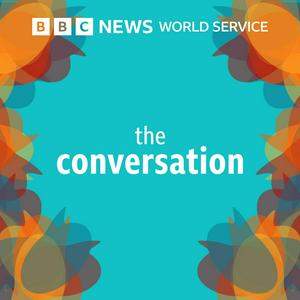
Uzyskaj bezpłatną aplikację radio.pl
- Stacje i podcasty do zakładek
- Strumieniuj przez Wi-Fi lub Bluetooth
- Obsługuje Carplay & Android Auto
- Jeszcze więcej funkcjonalności
Uzyskaj bezpłatną aplikację radio.pl
- Stacje i podcasty do zakładek
- Strumieniuj przez Wi-Fi lub Bluetooth
- Obsługuje Carplay & Android Auto
- Jeszcze więcej funkcjonalności


The Conversation
Zeskanuj kod,
pobierz aplikację,
zacznij słuchać.
pobierz aplikację,
zacznij słuchać.



